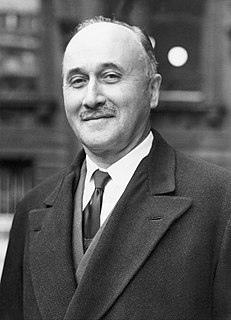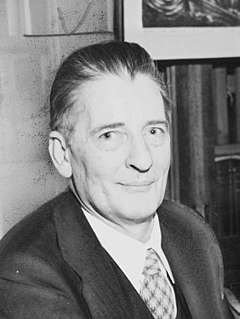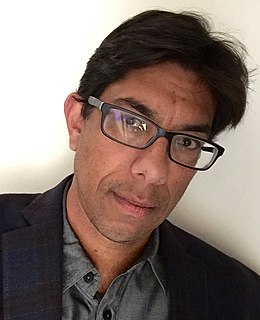A Quote by James Gunn
Science fiction is the branch of literature that deals with the effects of change on people in the real world as it can be projected into the past, the future, or to distant places. It often concerns itself with scientific or technological change, and it usually involves matters whose importance is greater than the individual or the community; often civilization or the race itself is in danger.
Quote Topics
Branch
Change
Civilization
Community
Concerns
Danger
Deals
Distant
Effects
Fiction
Future
Greater
Importance
Individual
Involves
Itself
Literature
Matters
Often
Past
People
Places
Race
Real
Real World
Science
Science Fiction
Scientific
Technological
Technological Change
Than
The Real World
Whose
World
Related Quotes
There's no real objection to escapism, in the right places... We all want to escape occasionally. But science fiction is often very far from escapism, in fact you might say that science fiction is escape into reality... It's a fiction which does concern itself with real issues: the origin of man; our future. In fact I can't think of any form of literature which is more concerned with real issues, reality.
Science fiction is the most important literature in the history of the world, because it's the history of ideas, the history of our civilization birthing itself. ...Science fiction is central to everything we've ever done, and people who make fun of science fiction writers don't know what they're talking about.
Have I said clearly enough that the Community we created is not an end in itself? It is a process of change, continuing in that same process which in an earlier period produced our national forms of life. The sovereign nations of the past can no longer solve the problems of the present: they cannot ensure their own progress or control their own future. And the Community itself is only a stage on the way of the organized world of tomorrow.
Religion, if it is genuine, is so profoundly interwoven with individual thought and experience that it is no more exhaustible than consciousness itself. And fiction whose purpose is didactic is bad no matter whether the matter to be "taught" is Christianity or the world view of Ayn Rand. It seems often to be assumed by writers that religion is a pose, meant to deceive oneself or others, or that it is a bad patch on doubt or complexity. This is only convention, however. The writers I know have a much deeper engagement with the real issues of religion.
When philosophers talk about reason they often have in mind Having been in the business of philosophy more than half my life, I have learned that reason doesn't change many minds. But there's a more ordinary sense of resonableness, which involves not just logic but a sensitivity to other peoples real concerns, a desire to understand, even when you don't agree. Many people are reasonable in this way.I'm willing to think that the world will be made better by the conversations of reasonable people, even if there are unreasonable people and people who don't want to converse as well.
As a kid, I didn't need to be convinced the future promised peril and oppression, so when I started thinking up the middle-grade science fiction novel that became 'The Boy at the End of the World,' it seemed only natural to build the story around a dark vision of the future. In my book, civilization has nearly destroyed itself.
We're mathematically past the point where the accumulation of individual actions can add up quickly enough to make a difference. The individual action that actually matters is not being an individual. It's joining together with other people in groups large enough to change the political dynamic around climate change.






































